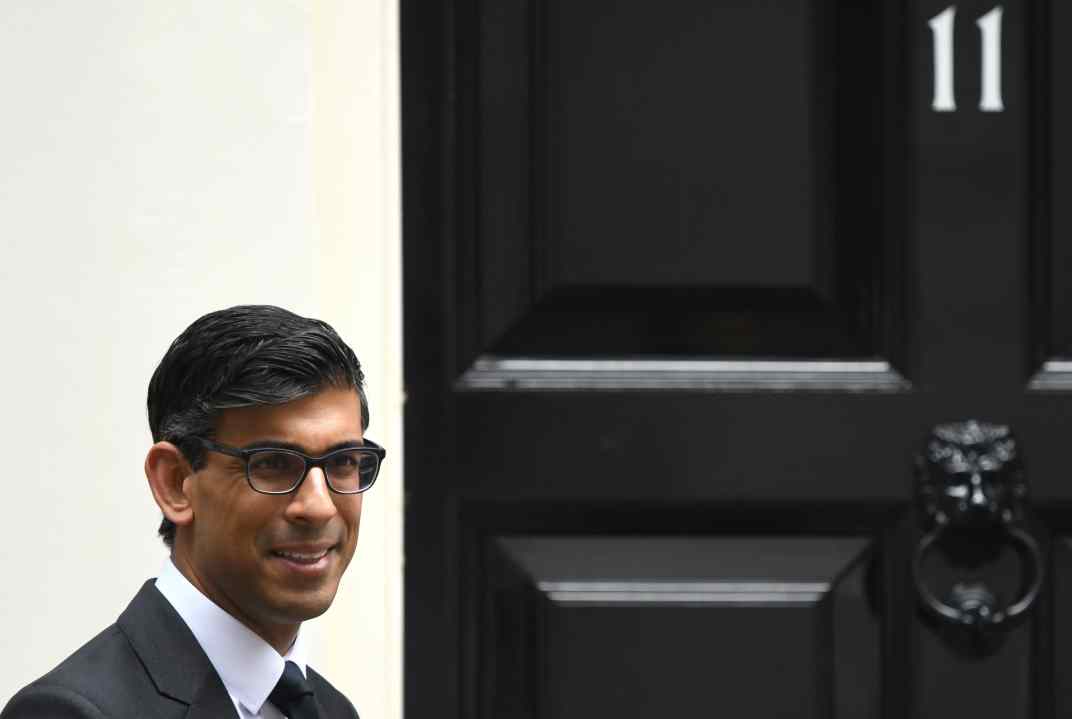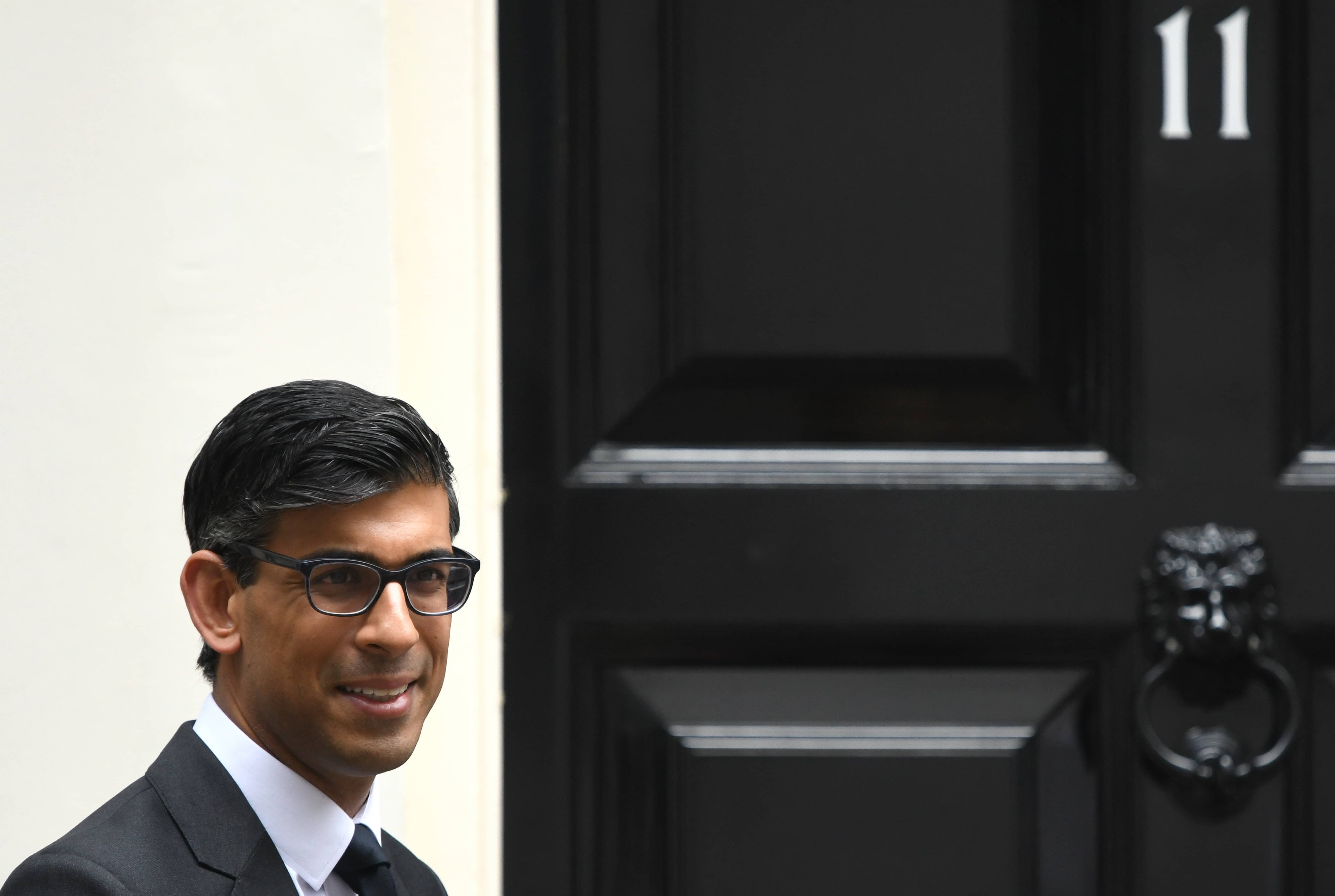Conservative MPs are still worried about the removal of the £20-a-week uplift to Universal Credit this coming October. Two of them — Peter Aldous and John Stevenson — have written to Boris Johnson to urge him not to press ahead with the cut, which will restore the benefit back to its pre-pandemic levels. The pair argue that the extra £20, while expensive, is ‘one of our best legacies from the pandemic’.
Perhaps some of the MPs like Aldous and Stevenson who were in parliament then remember how difficult it was to defend a policy that didn’t make much sense
They’re not the first within the party to try to stop this cut going ahead. Indeed, a group of former Tory welfare secretaries have tried. The current Work and Pensions Secretary, Therese Coffey, had a well-reported stand-off with Chancellor Rishi Sunak earlier this year. But I understand that as far as the Treasury is concerned, the decision has been taken to go ahead with the cut and the war on this front is over. ‘Rishi has moved on to other things,’ says one colleague.
Sunak hasn’t made as many cuts — or indeed tax rises — as he will need to to get Britain’s finances back on track. This is partly because he is hoping that the recovery from the pandemic will mean he doesn’t have to be as brutal as he might have been had Britain been plunged into a long downturn. But it is also because he is working on the spending review and budget for the autumn, at which point the universal credit uplift removal and cuts to international development spending will become old, small rows in comparison to the decisions Sunak is then taking. (Someone smart in the opposition needs to come up with a catchy name for universal credit uplift removal in the way that the ‘size criteria in the social rented sector’ was badged the ‘bedroom tax’ back in the days of the coalition government.)
That doesn’t mean that the universal credit row will definitely go away, though. The ‘bedroom tax’ is a salutary tale: when it was announced back in 2010 most campaigners and opposition MPs didn’t pay it much attention because they were angry about other benefit cuts that were either dropped (a 10 per cent cut to housing benefit for anyone who had been on jobseeker’s allowance for over a year) or turned out to be very popular (the overall benefit cap of £26,000). It took about three years for a political row to blow up. Perhaps some of the MPs like Aldous and Stevenson who were in parliament then remember how difficult it was to defend a policy that didn’t make much sense. It may seem to them that it will be equally difficult to defend removing the £20-a-week around the same time as energy bills are rising. Given the number of U-turns the government has taken over the past year and a bit, they clearly aren’t prepared to try offering a defence.








Comments